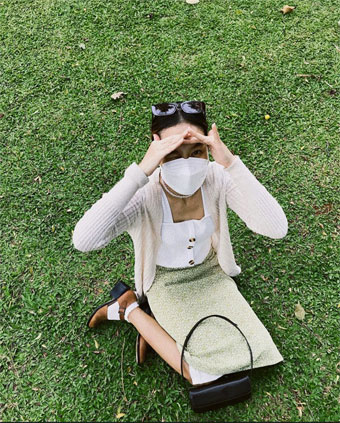
Recommendation from MUI for unexpected Worship during Ramadan due to pandemic COVID-19.
Ramadan is around the corner, Muslims prepare to mark Ramadan while facing a global pandemic. For Muslims who spend hours during Ramadan at mosques to perform terawih prayers and other things, for this Ramadan, Muslims have to be put in place (home) to ensure the well-being of everyone. Hence, Indonesian Ulema Council (MUI) said there will be differences in Ramadan this year.
Indonesian Ulema Council encourages Muslims to adopt and follow new way of prayers during Ramadan and this global pandemic in the corridor of sharia. These following procedures for prayers considered to health protocol by WHO to stay at home and ensure well-being of everyone.
1. Prayers at Home
According to Asrorun Niam Sholeh, Secretary of Indonesian Ulema Council (MUI) Fatwa Commission, Muslims will have no choice but to stay indoors, hence prayers can be performed as well at home. From five time daily prayers, terawih prayers, night prayers, reciting Al-Qur’an and other worship things can be performed at home with whole family.
2. Alms or Compulsory Zakat
Any form of Sadaqah which usually done by having iftar together during Ramadan can be replaced by indirect alms or compulsory zakat. In other words, if you invite family, neighbour, friends and others to have iftar at home it can be replaces by sending alms in form of food to your family, neighbour and friends who experiencing COVID-19 pandemic. It also applied for zakat which you can give online (bank transfer) for those in need including help medical staff as front guard in handling COVID-19 in Indonesia.
3. Not Going Back to Your Hometowns
To prevent spread of COVID-19, Asrorun also encourages Muslims to not going back to their hometowns before Ramadan or after Eid al-Fitr. Government also sounding the exact same thing mainly after large-scale social restrictions (PSBB) imposed in Jabodetabek.
Top photo source: https://pixabay.com/












